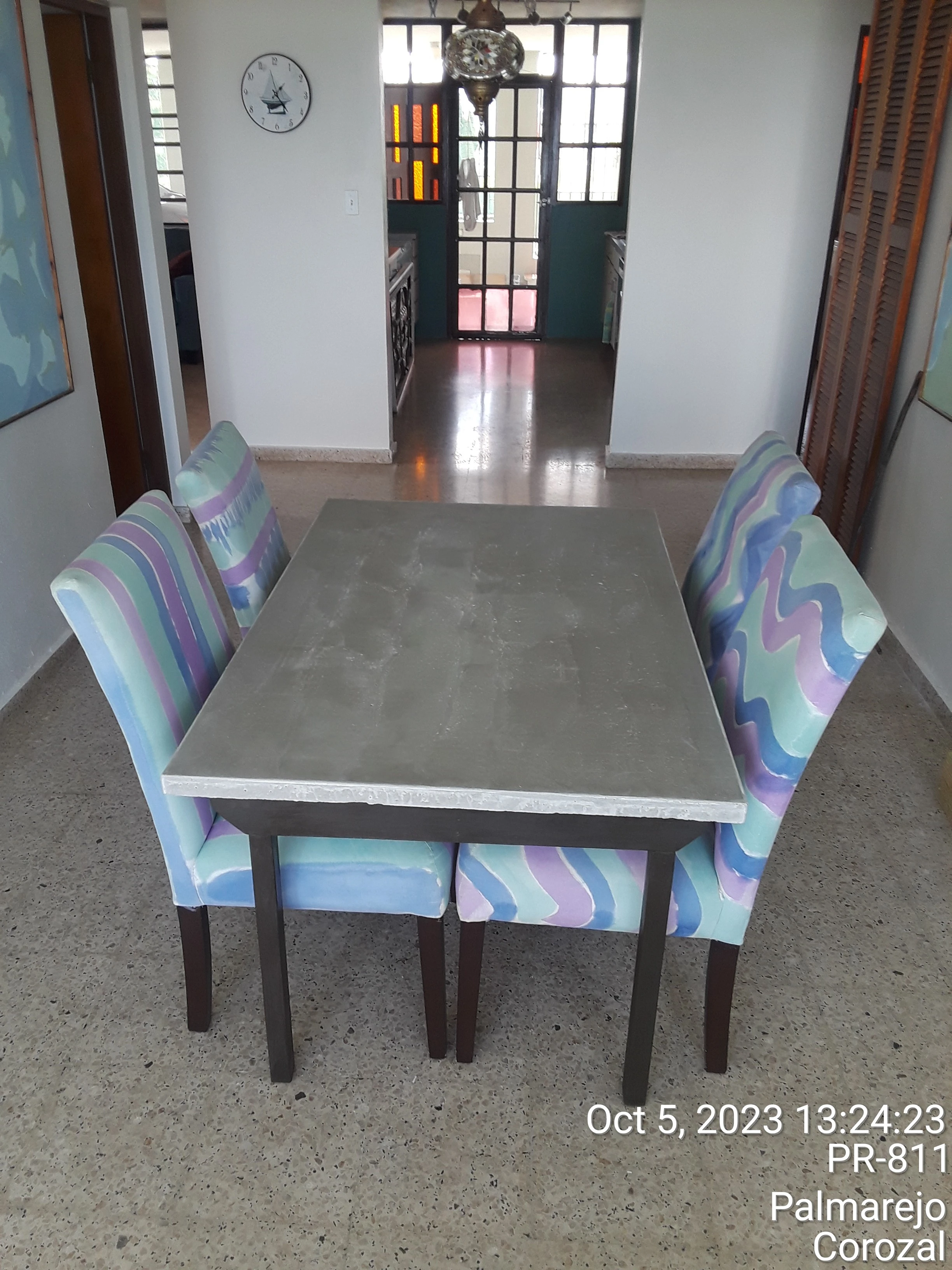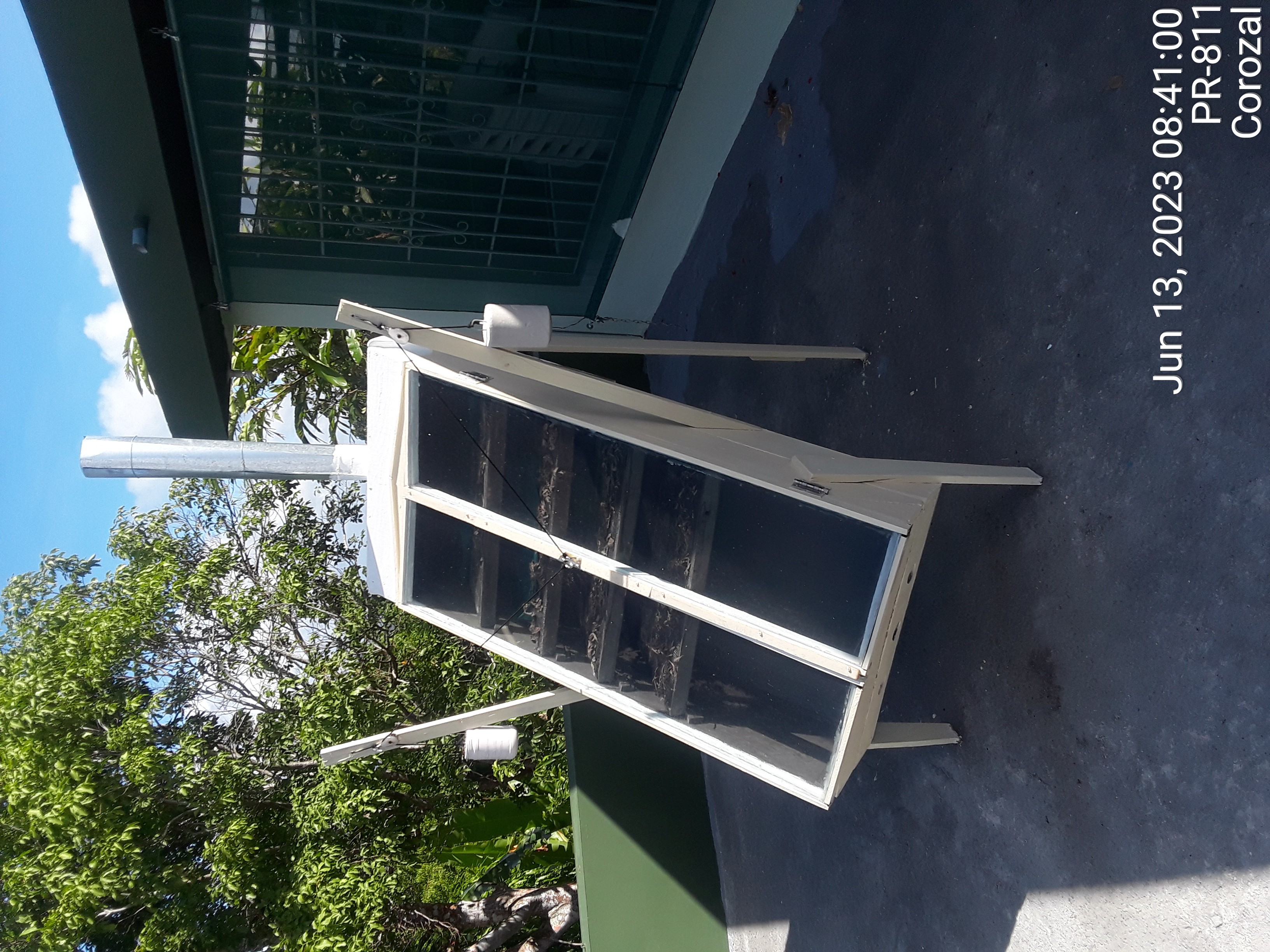I have been investigating the fine art of dishing out a wooden chair seat for comfort today, and made discoveries that can be readily condensed into a, imho miraculously easy formula. So here goes:
Your "sitz" bones or ischial tuberosities are prominences of the pelvis that are the hard spots when you sit. They are pretty consistently located in adult humans as it turns out, though you'll have a hard time finding dimensional data if you go looking! I measured approximate spacing among a slightly inebriated and jovial crowd who endured the indignity with humor and made a rough prototype seat to check my theory. Drill two 2-inch diameter holes spaced five inches apart at center (3-inches of material remaining between the holes). For a finished seat, one would shape the edges, but don't even bother for this experiment - just drill the holes in a piece of lumber and sit down on it. shift around for comfort and when your ischial tuberosities align with the holes you will say aaah!
I will be making two holes in a rectangular stool seat at this spacing, centered about three inches from the "back" edge of the stool, and sanding smooth and dishing out the seat a little. I'll try to remember to post a finished picture, but I found this preliminary result too great and dramatic to wait.
Some individuals might be grateful for a third hole at the centerline and about two inches closer to the back edge - where a tailbone-afflicted person does not need hard support and an average person will not miss it. I have not tested this third hole yet, maybe others will report...


NYT is spouting every headline they can imagine to shift votes toward Trump, and not just lately. Their entire editorial focus is to cast confusion on Democrats' prospects. They should be recognized as firmly partisan and no longer serving a journalistic purpose. Unfortunate, but that's the times in which we live.